Fruit Themed Garden Ideas – Tips On Growing Fruit Salad Gardens
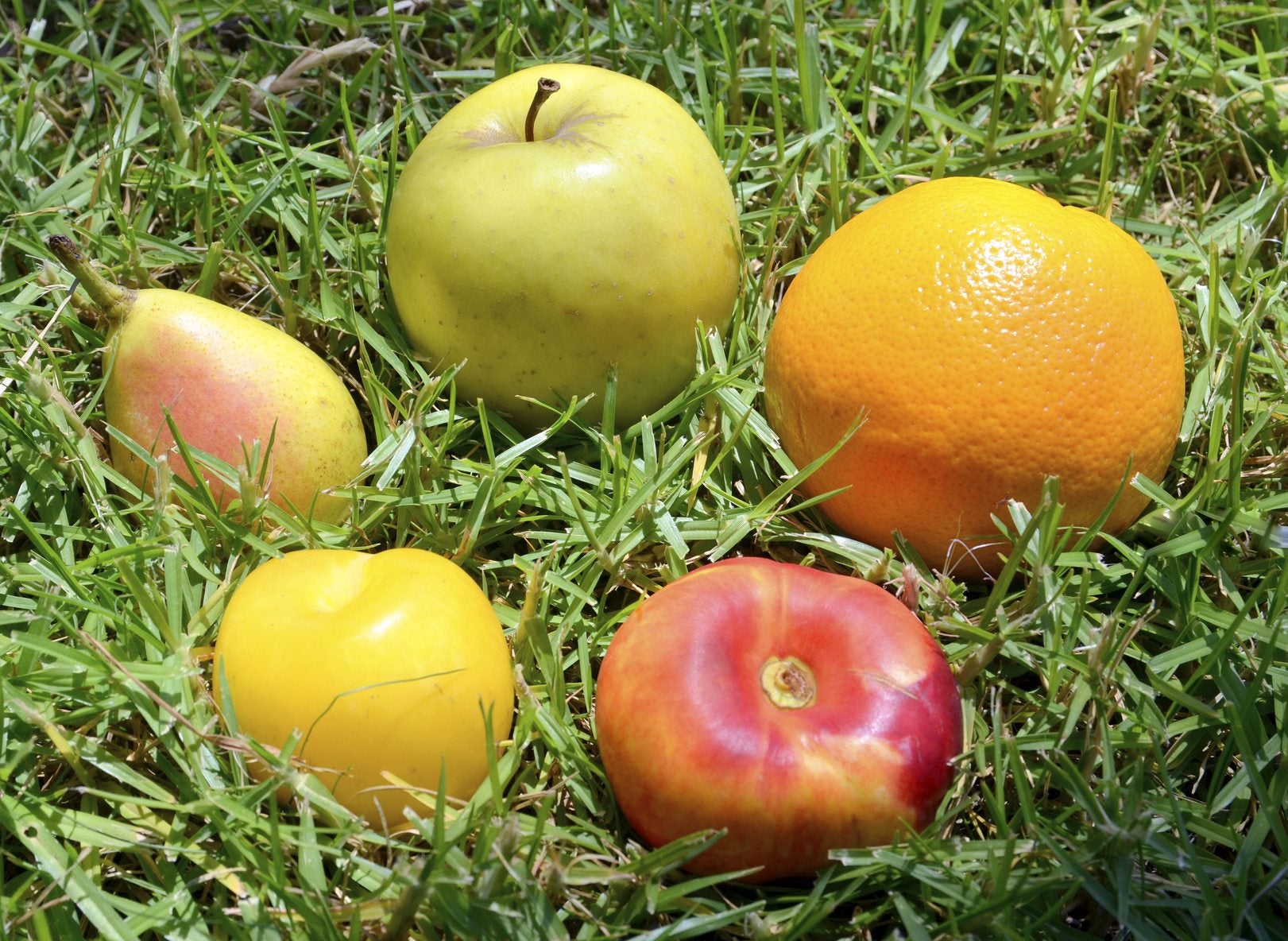
Have you ever thought how nice it would be to pop out into the garden and harvest a variety of fruit suitable for a refreshing fruit salad? You’ve probably grown veggies or herbs, so why not try growing a fruit salad garden? A fruit themed garden is possible for almost anyone with some garden space. What is a fruit salad garden and what plants should you choose for a fruit garden? Read on to learn more.
What is a Fruit Salad Garden?
Many gardeners focus on a particular genre, growing just vegetables or focusing on perennials, for example. They forget or are intimidated by other plant groups. A fruit salad garden theme is simply the inclusion of fruiting plants into the garden. The choice of plants to choose for a fruit garden may be dictated by a number of things. First of all, before running out willy-nilly and purchasing a bunch of plants for a fruit themed garden, find out what the USDA hardiness zone for your area is. This will help guide you as to what fruit trees, vines, or shrubs will withstand weather conditions in your region. Also, call your local extension office. They will no doubt have a wealth of information regarding suitable plants for your area. Check out the area of the garden you plan to use for a fruit salad garden theme. Conditions need to be right for certain types of plants to thrive. Fruit trees, for instance, dislike wet feet so they must have well-draining loamy soil. They also need to be situated where there is good air circulation and plenty of sun, so their leaves dry quickly, and they are less prone to disease and insects. Avoid planting fruit trees in low areas of the garden that are more likely to be frost pockets. Try to select a site that is mid-slope. The direction of the slope is a little more difficult. Depending upon your region, a southern or southwestern slope might be too hot and dry. A northerly slope may not receive enough sun to promote fruit set or hasten the drying of morning dew while an easterly slope will speed evaporation of moisture. Also, when growing fruit salad gardens, it is important to note which fruiting plants are self-fertile and which will need a partner to aid in pollination. Without a partner, some trees or shrubs will not fruit.
Plants for a Fruit Garden
Once you have ascertained the above steps and are ready to choose plants, be sure to select those that are naturally resistant to disease, if possible. This won’t necessarily eliminate disease issues, but it certainly will mitigate the possibility. Your fruit salad themed garden may have a plan incorporating a seating area on a patio with potted dwarf fruit trees, an arbor of grapes, or can be an espaliered wall of fruiting trees. You might decide to forgo trees altogether and focus on berry bushes and vining kiwis. Or, if you want minimal maintenance and maximum fruit, consider planting a fruit salad tree. Yes, there really is such a thing and it is quite amazing. There are four different types of fruit salad trees that bear up to eight different fruits of the same family on one tree!
- Stone fruit salad trees bear peaches, plums, nectarines, apricots, and peachcots.
- Citrus trees bear oranges, mandarins, tangelos, grapefruit, lemons, limes, and pomelos.
- Multi-apple fruit salad trees bear a variety of apples.
- Multi-Nashi bear several different Asian pear varieties.
Planting just one or, better yet, a couple of different fruit salad trees will keep you in fruit salad throughout the growing season and since they ripen in shifts, you aren’t drowning in fruit all at once.
Gardening tips, videos, info and more delivered right to your inbox!
Sign up for the Gardening Know How newsletter today and receive a free copy of our e-book "How to Grow Delicious Tomatoes".

Amy Grant has been gardening for 30 years and writing for 15. A professional chef and caterer, Amy's area of expertise is culinary gardening.
-
 Have You Tried The Shadow Test For Houseplants? This Expert Light Trick Reveals Exactly Where Plants Will Thrive
Have You Tried The Shadow Test For Houseplants? This Expert Light Trick Reveals Exactly Where Plants Will ThriveThe Shadow Test is a horticulturist's trick that will help you work out the light levels in every room and ensure your houseplants are perfectly positioned.
-
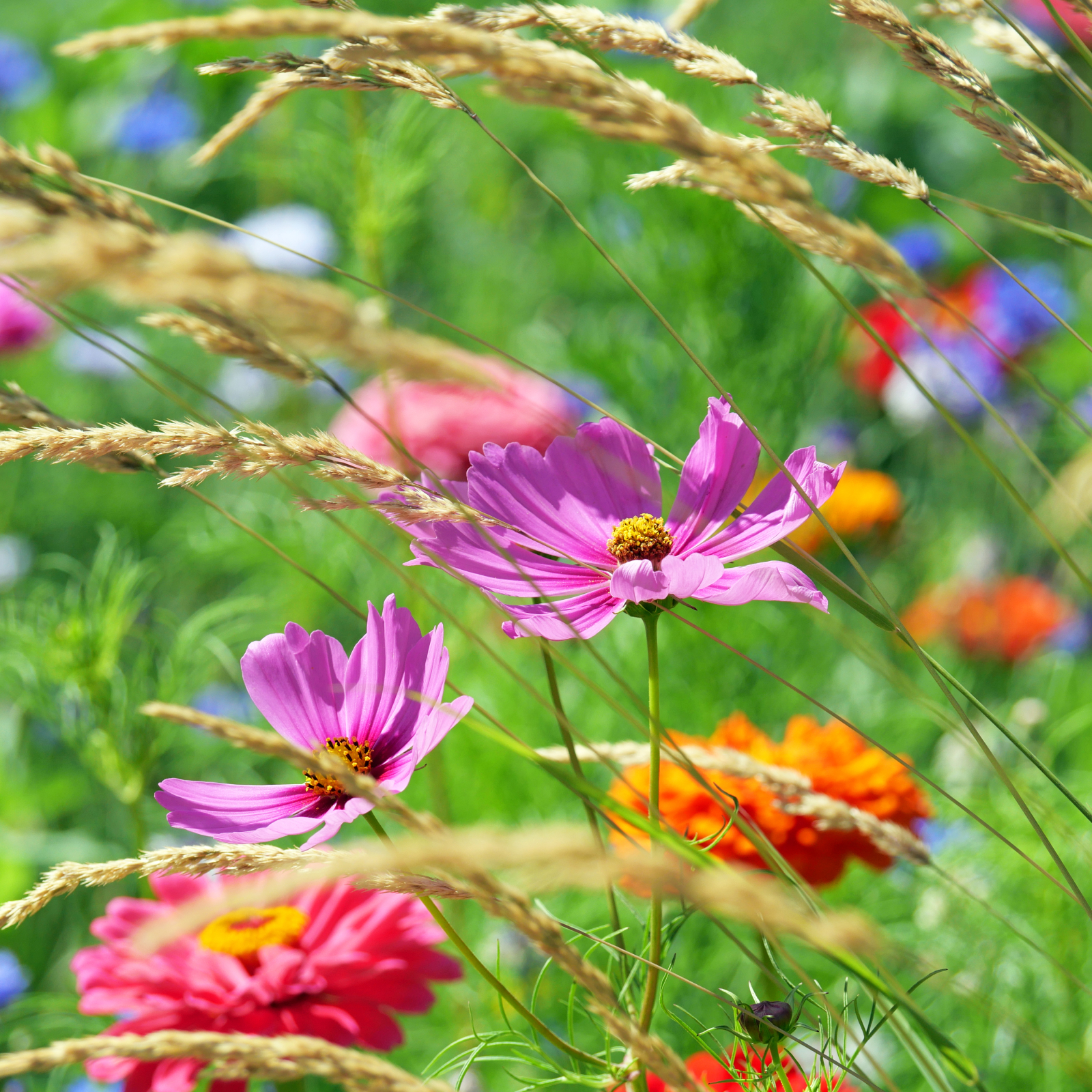 10 Easy, Breezy Meadow Flowers & Grasses For A Magnificent Low-Maintenance Landscape
10 Easy, Breezy Meadow Flowers & Grasses For A Magnificent Low-Maintenance LandscapeChoosing the right meadow flowers and grasses will help you create the luxurious garden of your dreams. Explore some of my favorites.
-
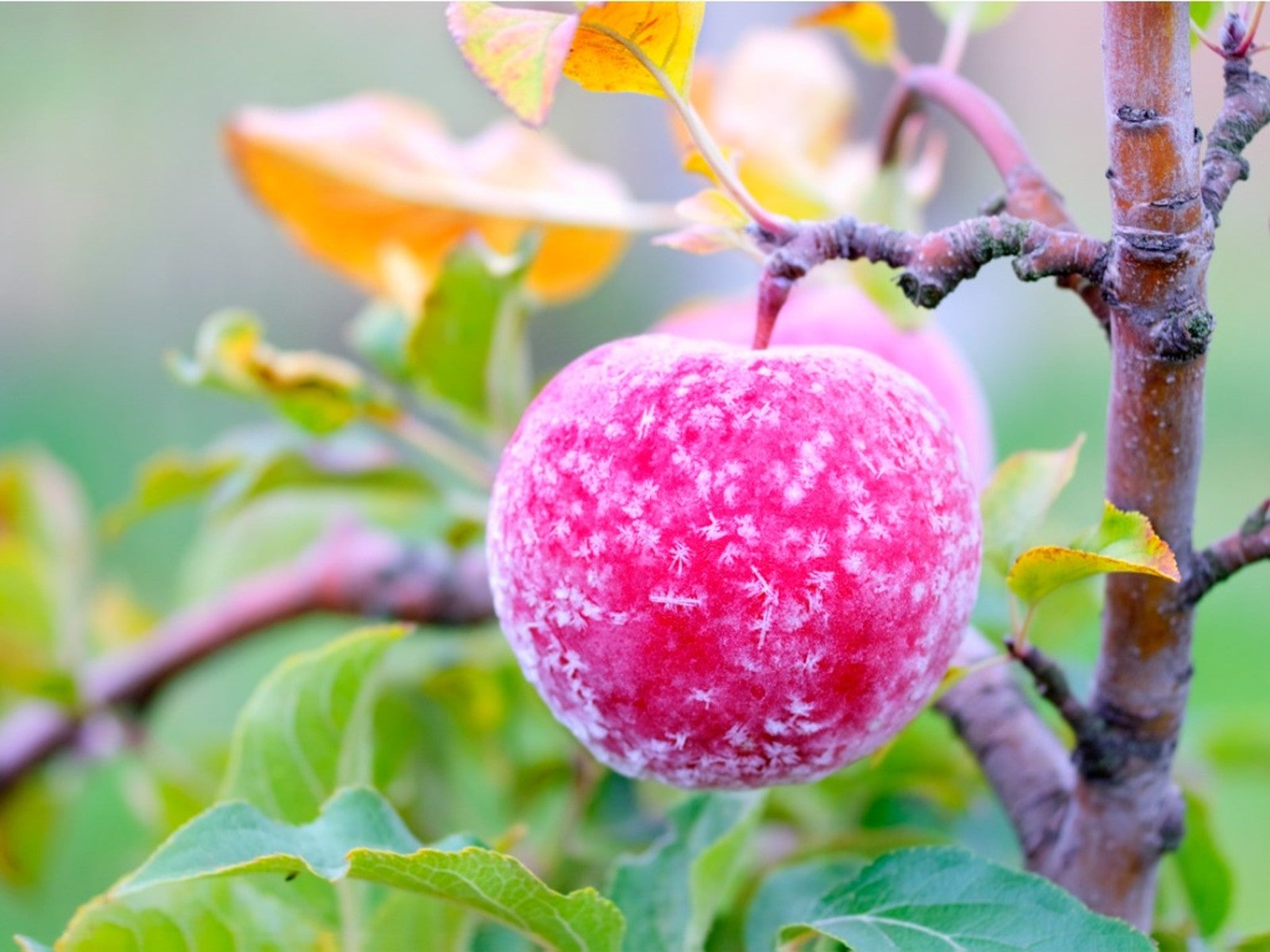 How To Protect Fruit Trees From Frost And Freeze
How To Protect Fruit Trees From Frost And FreezeChoosing fruit trees appropriate for your growing zone is best, but you still may need to protect them from extreme cold. Read how.
-
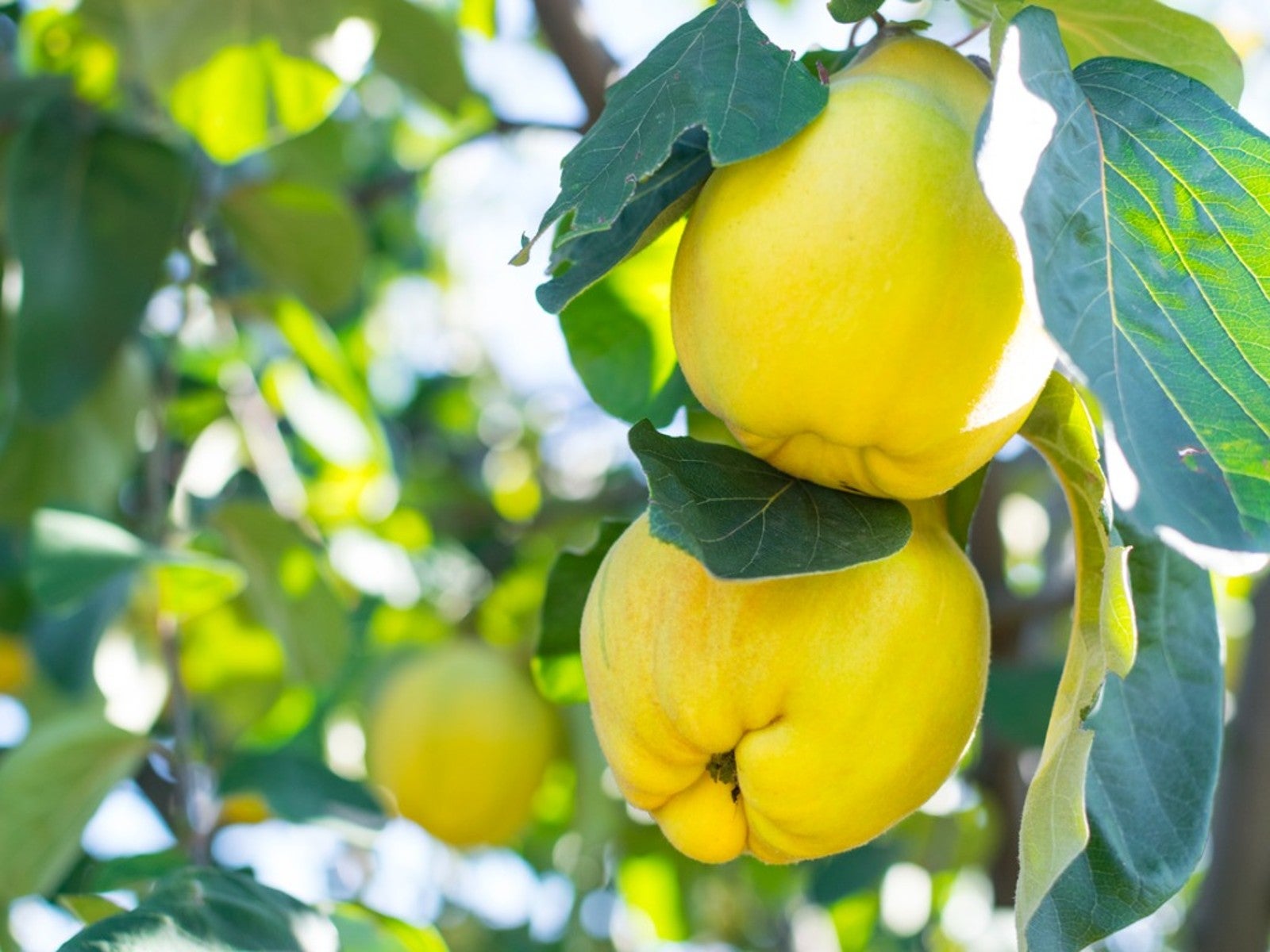 Best Plants For Late Summer and Fall Fruit Harvest
Best Plants For Late Summer and Fall Fruit HarvestEven if you don’t have the optimal conditions for more common fruit trees, there are other end of summer fruits to enjoy.
-
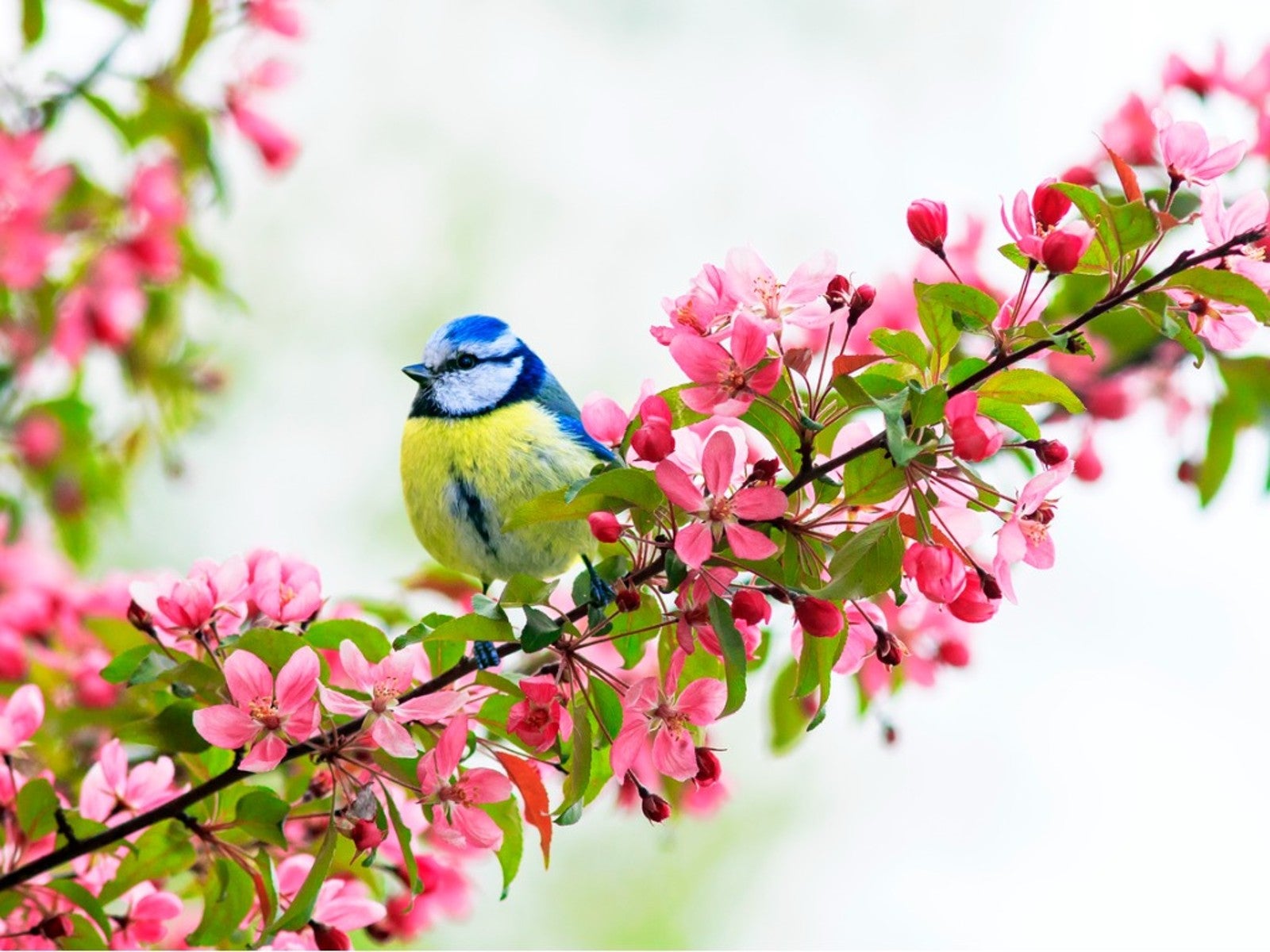 Best Native Fruit Trees To Support Wildlife
Best Native Fruit Trees To Support WildlifeIf you want trees that will attract and feed wildlife, learn the best kinds of edible fruit and nut trees to plant for inviting specific creatures.
-
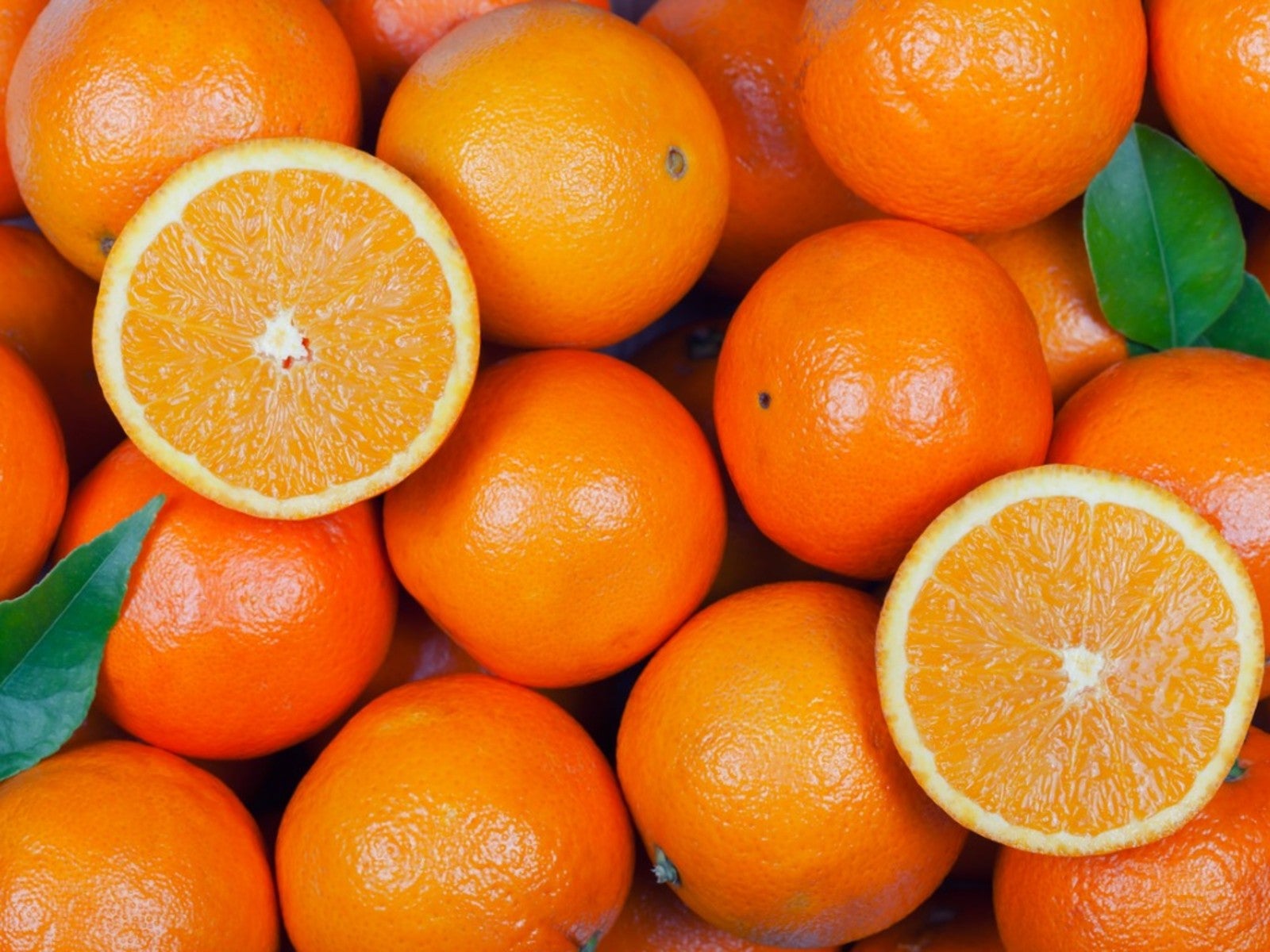 Orange Fruit Varieties: Growing Fruits That Are Orange
Orange Fruit Varieties: Growing Fruits That Are OrangeOrange colored fruit isn’t limited to the citrus orange. There are plenty of other orange colored fruit varieties, each packing a healthful punch. Read on for more.
-
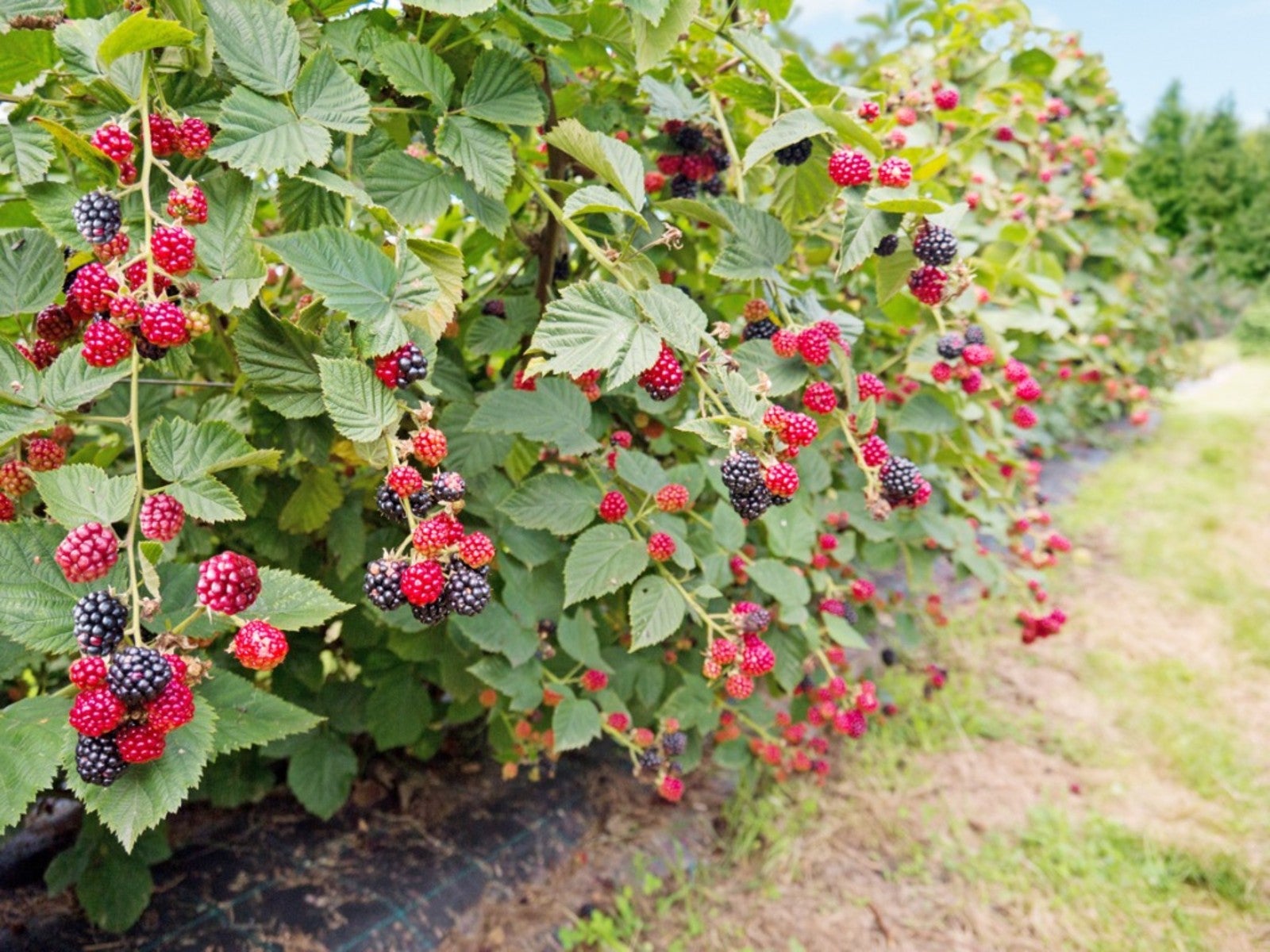 Everbearing Plants: Learn About Everbearing Varieties Of Fruit
Everbearing Plants: Learn About Everbearing Varieties Of FruitWhat does everbearing mean? And more importantly, how do everbearing varieties differ from non-everbearing types? Read on for more.
-
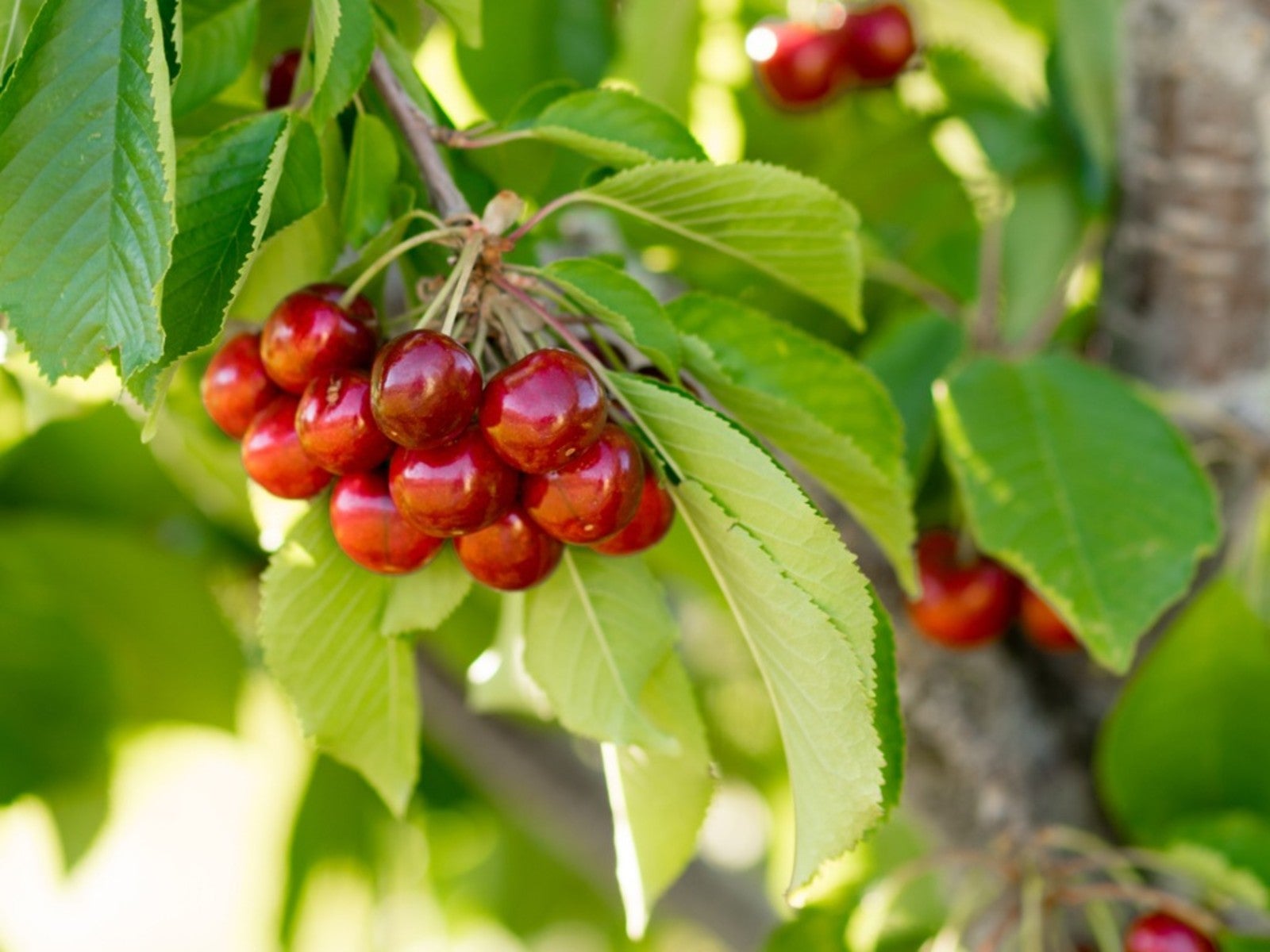 Plant A Red Fruit Garden: Growing Fruits With Red Flesh
Plant A Red Fruit Garden: Growing Fruits With Red FleshPlanting a red fruit garden may seem a bit whimsical. That is, until you realize the health benefits of consuming fruits with red flesh.
-
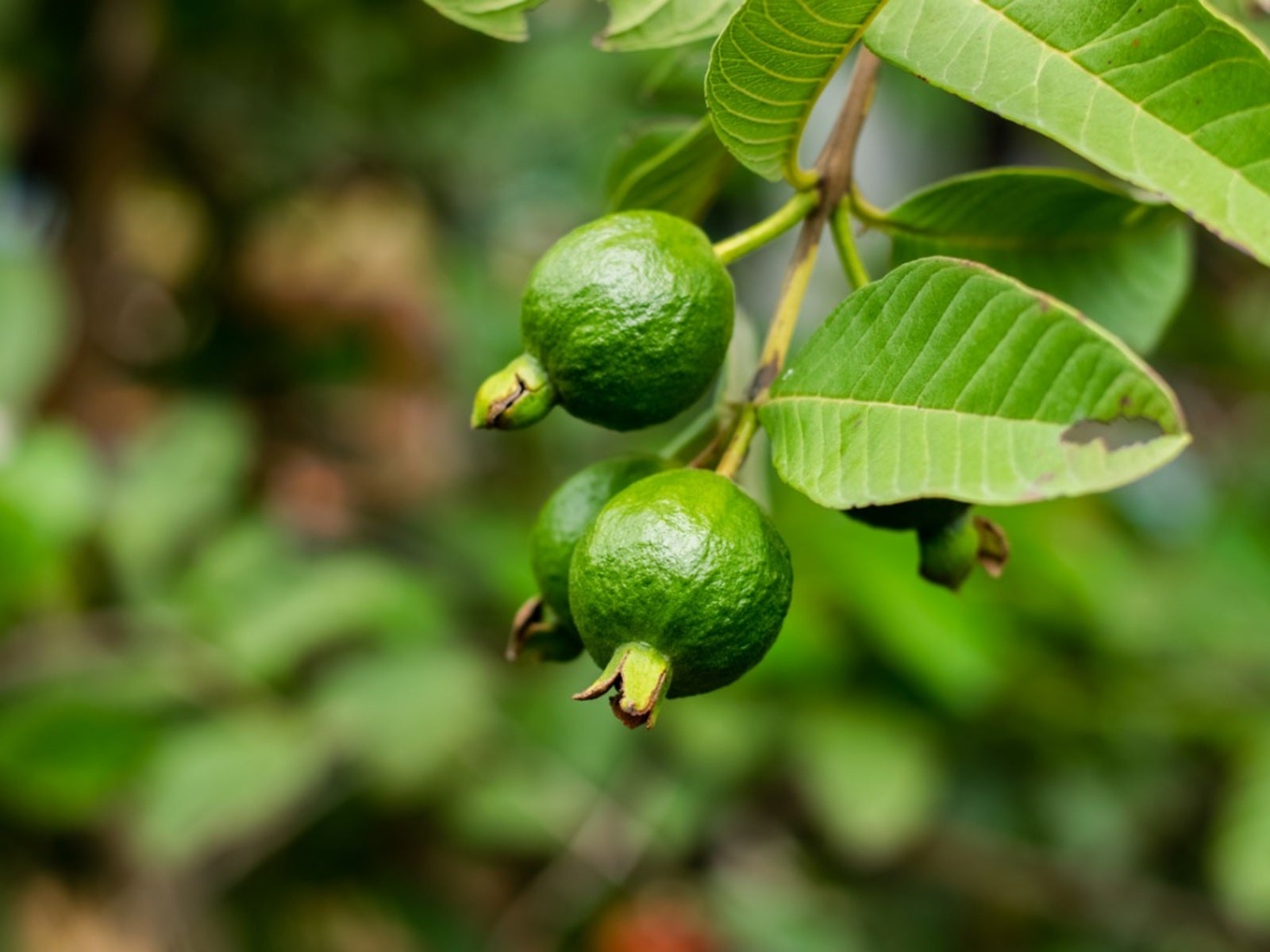 Heat Tolerant Fruits - Growing Fruit In Hot Weather
Heat Tolerant Fruits - Growing Fruit In Hot WeatherSome fruit grows in extreme heat naturally. But there are also specially cultivated, heat-tolerant varieties. For more information on heat tolerant fruits, read on.
-
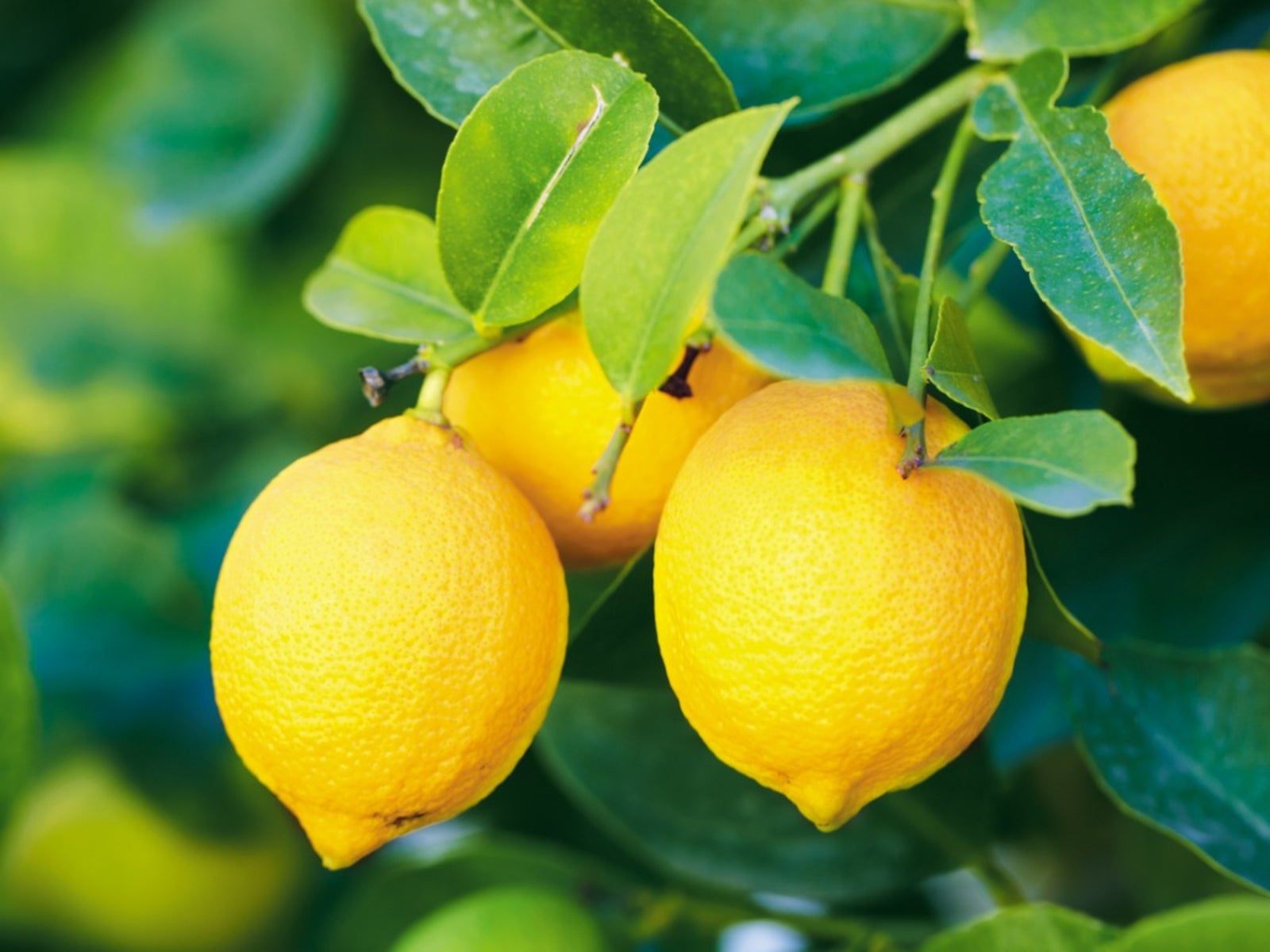 Yellow Fruit Varieties - Growing Fruit That Is Yellow
Yellow Fruit Varieties - Growing Fruit That Is YellowWhat fruit is yellow? There's more than the bananas at the supermarket. Try growing yellow fruit for a consistent supply of sunny food.